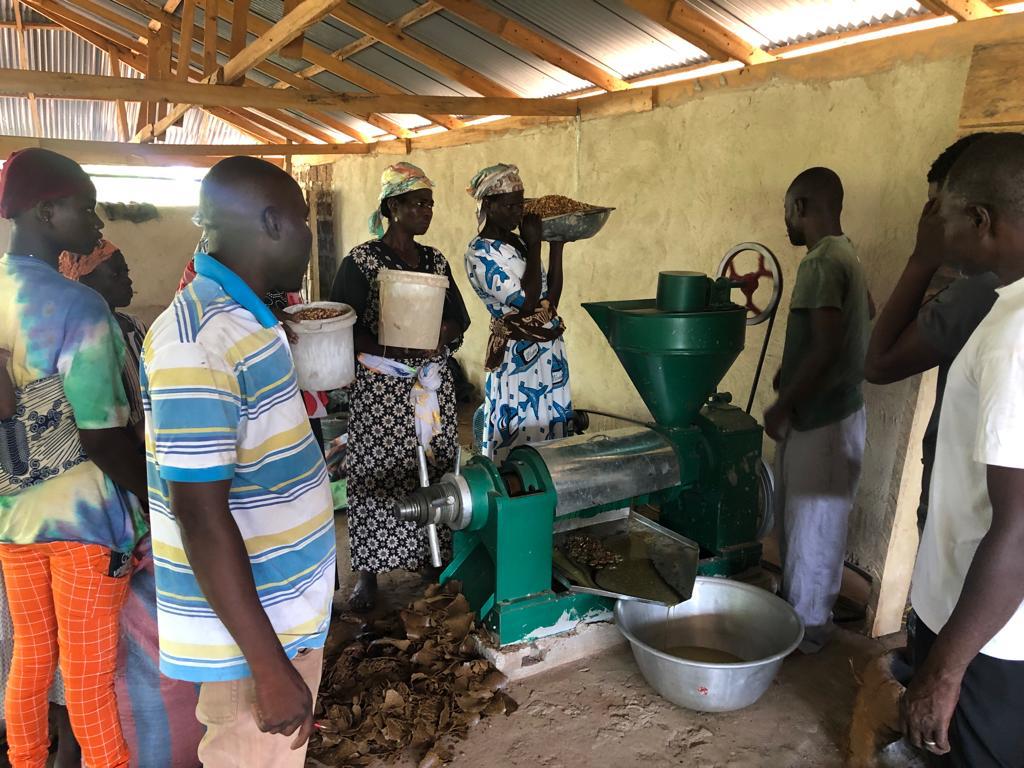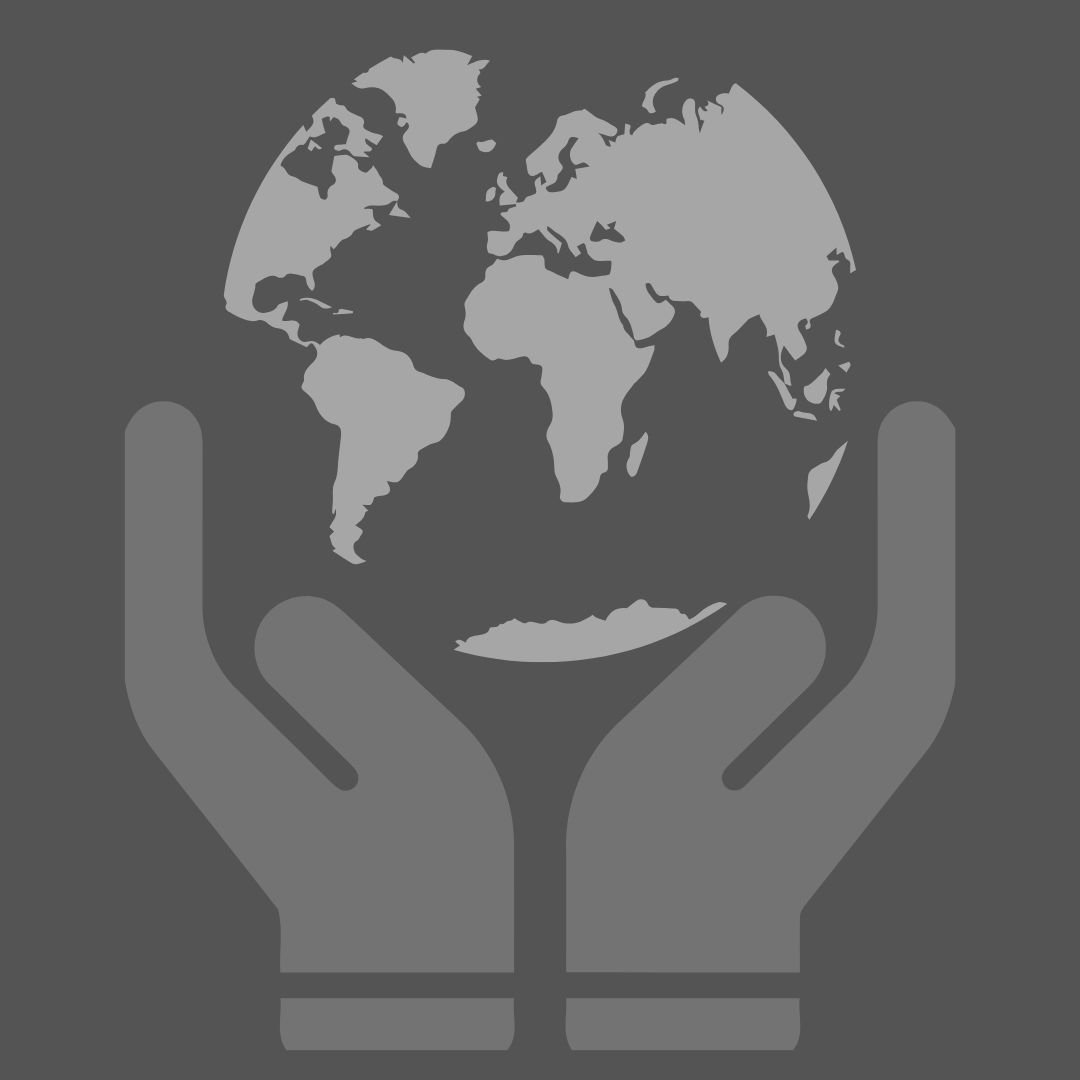While the Global North fails to take Climate issues seriously, communities in sub-Saharan Africa face the daily grind of surviving a deadly cycle of drought, famine and floods.
On the edge of a hot, dusty field in northern Ghana, Issifu Sulemena is stooped over his mobile phone. His fingers fly angrily across the keyboard, eyes bulging with fury. It’s late November 2024 and COP 29 in Baku, Azerbaijan, has just ended.
“Why should communities like ours pay for the luxuries and lifestyles of the global north?” he texts. “We are here fighting climate change every single day, and still our crops are wiped out. My people are ill and starving and half of the world leaders didn’t even turn up! We are being treated like fools! Where is the USA President? The India Prime Minister? Australia prime minister? Canadian Prime Minister? German Chancellor? China president? They are those who really matter because they contributed and are still contributing to this mess…”
COP 29 took place in one of the major oil capitals of the world, which was like holding an AA meeting in a brewery. Scandal rocked the forum from the start when Azerbaijan’s COP29 team CEO, Elnur Soltanov, was recorded discussing “investment opportunities” in the state oil and gas company with a man posing as a potential investor.
Issifu’s text tirade came at the end of a prolonged drought in his region. Many of his constituent farmers had lost their crops and animals, and in his local area around 50 people had died. Little wonder he was angry.
For community leaders like Issifu the climate struggle is a daily grind. His organisation is called CEAL (Centre for Ecological Agriculture and Livelihoods) and aims to help farmers cope with changes in drought and flood patterns with eco-friendly farming innovations, natural fertilisers, better crop choices, and even marketing. The women in the area have long made their own concoctions for a wide range of uses from breakfast cereals to cure-alls and the CEAL team has found markets and created manufacturing processes to help them sell their wares in the richer towns in the south.
Issifu also noticed that his region has a proliferation on Neem trees – considered a weed in West Africa. However, he identified this as an opportunity and after raising funds from a UK NGO, he imported a pressing machine from China and started a community-owned Neem Oil processing plant. Neem oil is derived from the fruits and seeds of the tree and is a powerful, natural pesticide with a lively export market. It’s also used in anti-drandruff shampoo and skin treatments.

Villagers in WaleWale pressing Neem Oil as part of a CEAL initiative
The tragedy is that despite this work, disasters still happen, hunger and poverty are rife, and people are on the move – south, in the hope of a better future in major cities like Accra, and increasingly abroad. As Issfu points out, those of us in Europe complaining about migrants crossing our borders need to understand why this is happening: “If you won’t change, we’re going to come and live with you!”
Issifu, like many in the Global south, feel that those of us in rich countries are not taking the climate crisis seriously. Weather events like the recent horrific floods in Texas, come and go, are quickly forgotten about and written off by the climate deniers as “just weather”. Far-right conspiracy theorists in the United States are even claiming that a secret “Chemtrail” project by the government is responsible for the Texas and Florida weather events. Both Robert F Kennedy Jr. and Rep. Marjorie Taylor Green are leading campaigns to have the imaginary activity banned (and they deny scientifically proven climate change? Go figure, as they say in the US…).Hard to believe, but the full story is here: https://edition.cnn.com/2025/03/25/climate/state-bills-chemtrails-geoengineering-ban
So how do we get the message through to those of us enjoying luxury fossil-fueled lifestyles in privileged countries that we might have to adjust the way we live?
We can’t seem to do it with scientific evidence, facts and statistics – we all find a way to argue with the data, re-interpret, or even just ignore it.
Genuine, authentic storytelling can add meaning to the facts, so our next project will be to tell Issifu’s story and the stories of others like him who face the grinding reality of climate change every day of their lives. For them it’s not something that can be kicked into the long grass, paid lip-service to, or explained away as natural weather cycles or conspiracy theories.
Instead of appealing to people’s intellect, we hope to trigger empathy and a deeper understanding, not just about what we are doing to our planet, but how we are carelessly causing real pain and anguish to fellow human beings with our wasteful modern lifestyles.
Why should communities in sub-Saharan Africa pay the price for our profligacy?
Climate Heroes, a feature documentary, social media campaign, book, and online “Climate Action Kit” launches later this year. If you or your organisation would like to join us in partnership and to support the campaign, please call 07881 387572 or email: david@republicamedia.com
You’ll find more info at: https://republicamedia.com/climate-heroes/


